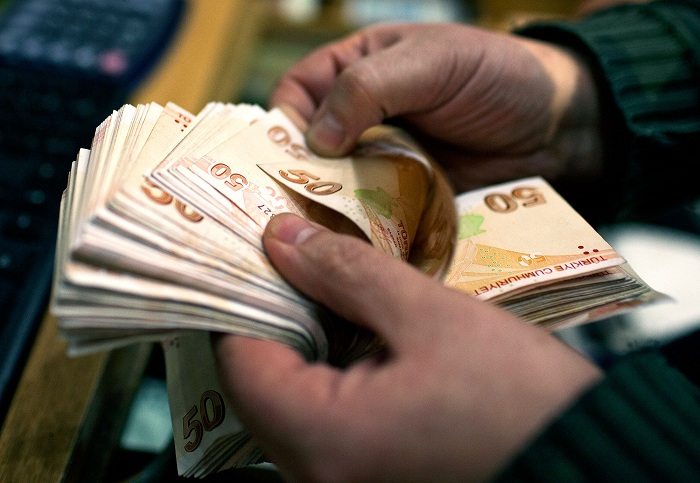Turkish lira extends Slump to new lows as growth concerns mount

The deteriorating indicators come as investors fret over the economic fallout from Turkey’s increasingly unpredictable politics, after leaders of the second-largest opposition party were detained and then jailed on Friday. The country has been ruled under emergency law since a July 15 coup attempt against President Recep Tayyip Erdogan, and more than 100,000 people have been stripped of their jobs or jailed since. The government has seized 527 companies since the failed putsch, Deputy Prime Minister Nurettin Canikli told parliament on Monday.
“The underlying trend in the economy is clearly one of weakness,” William Jackson, a senior emerging-markets economist at Capital Economics in London, said in an e-mailed report after the industrial data was published. “It seems highly likely that overall gross domestic product contracted in quarter-on-quarter terms in the third quarter.”
No Intervention
The lira, which has deteriorated 8.2 percent since the end of 2015 and is the worst performer among emerging currencies after Argentina’s peso, is headed for its fourth straight year of declines. Still, intervening in the exchange rate would mean “falling into a trap,” Economy Minister Nihat Zeybekci said on Haberturk television.
A report in the pro-government Sabah newspaper said that the administration, which has been pushing for lower interest rates to stimulate economic growth, would cap deposit rates on the money it holds at banks. The office of Deputy Prime Minister Canikli, who oversees part of the government’s economic and regulatory portfolio, didn’t respond to a request for comment.
Such a move "would lead to a dollarization trend, as it would be meaningless to hold lira for locals," according to Erkin Isik, a strategist at Turk Ekonomi Bankasi AS in Istanbul. About 40 percent of Turks’ deposits at banks, or about $145 billion, were in foreign currency, according to last month’s central bank data.















































